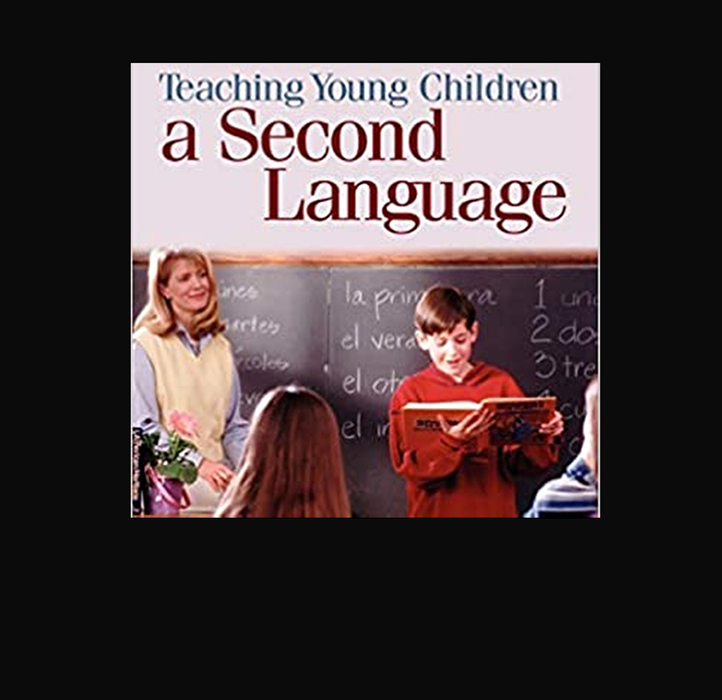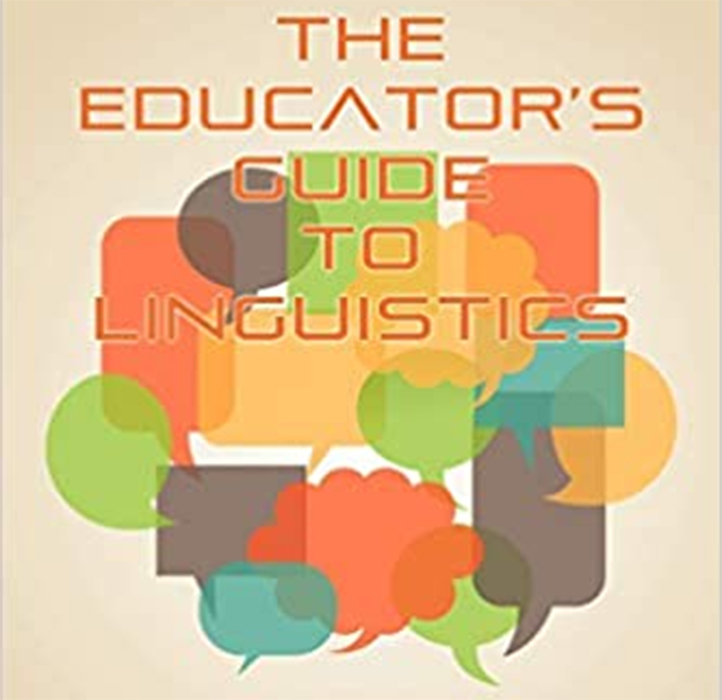Prepare for your choice of careers through graduate study in TESOL and Bilingual Education graduate programs at Hofstra University. Develop a deep expertise in language teaching methodology, linguistics, and immigration studies. Build your knowledge and skills through student teaching in schools throughout the New York City metropolitan area, and benefit from individualized, clinical supervision from highly qualified educators. Our graduates work all over the country and the world as school teachers, college instructors, program administrators, language school directors, materials and curricula developers, and interpreters and translators. Literacy education, multicultural education, meeting the needs of learners with exceptionalities and the use of technology are integrated throughout all aspects of the programs. The program conforms to the National TESOL Standards and the requirements of the National Board of Professional Teaching Standards.
Teaching English as a Second Language and Languages Other Than English Programs
Hofstra's TESOL programs are renowned for:
-
Programmatic options geared to the needs of students of various educational and ethnic backgrounds;
-
Diverse student body with candidates hailing from China, Central Asia, Europe, Latin America and the Middle East;
-
Promoting ENL proficiency while fostering learners’ proficiency in world languages as well as familiarity with heritage languages;
-
Individual attention to students' academic needs;
-
Support of graduates' employment efforts;
-
Convenient location on Long Island, in close proximity to New York City
About
Choose your Degree in TESOL
Applying to TESOL Programs
Choose Your Degree in Bilingual Education
Applying to Bilingual Education Programs
Hear from Our Students and Alumni!
Ou Wang
LOTE & TESOL, MSEd 2014
Concentration: Mandarin
Bo Wang
LOTE & TESOL, MSEd, 2013
Concentration: Chinese
Meet the Director
Dr. Tatiana Gordon has taught English to speakers of other languages in America, Asia and Europe. She earned a number of awards for excellence in teaching, including the 1997 Fulbright Memorial Scholarship.
Professor Gordon has published articles and has given media presentations on immigration studies, linguistics and TESOL methodology. Her book Teaching Young Children a Second Language covers questions of interest to the TESOL educator: Why do immigrant children leave their home countries and what are their journeys to the US like? How do young immigrants adjust to American culture? How do they learn English? What instructional strategies are effective in teaching immigrant students? Most recently, Professor Gordon published The Educator's Guide to Linguistics. This textbook is concerned with linking linguistic theory to classroom practice.
Professor Gordon is interested in fostering learners’ ENL proficiency while maintaining their national and heritage languages. She served on a committee charged with developing national standards for the ESL teacher preparation.



Frequently Asked Questions
- WHAT DO TESOL AND LOTE STAND FOR?
- TESOL and LOTE are acronyms for Teaching English to Speakers of Other Languages and Languages Other Than English.
- WHAT CAREERS ARE AVAILABLE TO HOFSTRA LOTE/TESOL/BILINGUAL EDUCATION PROGRAM GRADUATES?
- Our graduates hold jobs as
- language teachers;
- college-level instructors;
- language program administrators;
- language school directors;
- materials and curricula developers; and
- interpreters and translators.
- WHAT SPECIAL FEATURES DO HOFSTRA'S TESOL AND BILINGUAL PROGRAMS HAVE?
- Hofstra TESOL/bilingual programs combine a grounding in cutting edge language theory with a strong emphasis on developing novice teachers’ instructional expertise.
- WHAT IS THE PERCENTAGE OF INTERNATIONAL STUDENTS ON HOFSTRA'S CAMPUS?
- 9% of all graduate students are international
- WHERE DO HOFSTRA INTERNATIONAL STUDENTS COME FROM?
- Approximately 80 countries are represented on the Hofstra campus, including Bosnia, China, Kazakhstan, Italy, Mexico, Russia, Saudi Arabia, Ukraine and Uzbekistan.
- ARE THERE PROGRAMMATIC OPTIONS THAT MEET THE NEEDS OF INTERNATIONAL STUDENTS?
- The MSEd, and MA dual World Languages/TESOL programs prepare education students to teach their first language as well as English.
- HOW LONG DOES IT TYPICALLY TAKE TO COMPLETE THESE PROGRAMS?
- Students take an average of two years to complete master’s studies and an average of two semesters to complete advanced certificate programs.
- WHEN DO CLASSES MEET?
- To accommodate the needs of students who hold day-time jobs, classes meet almost exclusively at 4:30 p.m. or 6:30 p.m. To accommodate the needs of international students, a number of classes meet online.
- WILL I RECEIVE CAREER ADVISEMENT AND ASSISTANCE WITH MY JOB SEARCH?
- Hofstra’s TESOL/bilingual students are guided and supported at all stages of job their search, beginning with the development of the application packet and ending with the preparation of the demo lesson.
- HOW DO STUDENTS NETWORK TO FIND EMPLOYMENT?
- Most students find that their student teaching placements lead to important professional connections. The Office of Field Placement offers substantial resources for students as they begin student teaching, so that they are prepared to treat this experience as a long-term interview for employment post-graduation. Hofstra also boasts a strong alumni network that helps our aspiring educators because they know the quality preparation our students receive.
- IS THERE A DEADLINE FOR ADMISSION?
- Applications for graduate studies are accepted on a rolling basis, and students may visit the Office of Graduate Admission for further information on the online system.
- ARE SCHOLARSHIPS AVAILABLE?
- Each department within the School of Education has funds to distribute in the form of merit-based aid. Graduate student applicants are considered for awards based on their graduate applications. All students are encouraged to meet with representatives in the Office of Student Financial Services to learn more about resources to finance their degrees.
Visit the School of Education Scholarships page for more information.
Questions?
Contact our Program Director
Tatiana Gordon, EdD
Professor
516-463-5170
Email
Office of Graduate Admission
Applications are received on a rolling basis for summer, fall and spring enrollment. All applications are to be submitted online through the Office of Graduate Admission. For more information on applying for graduate studies at Hofstra, please contact:
Office of Graduate Admission
Phone: 516-463-4723
Email: graduateadmission@hofstra.edu
Apply online at hofstra.edu/gradapply.

